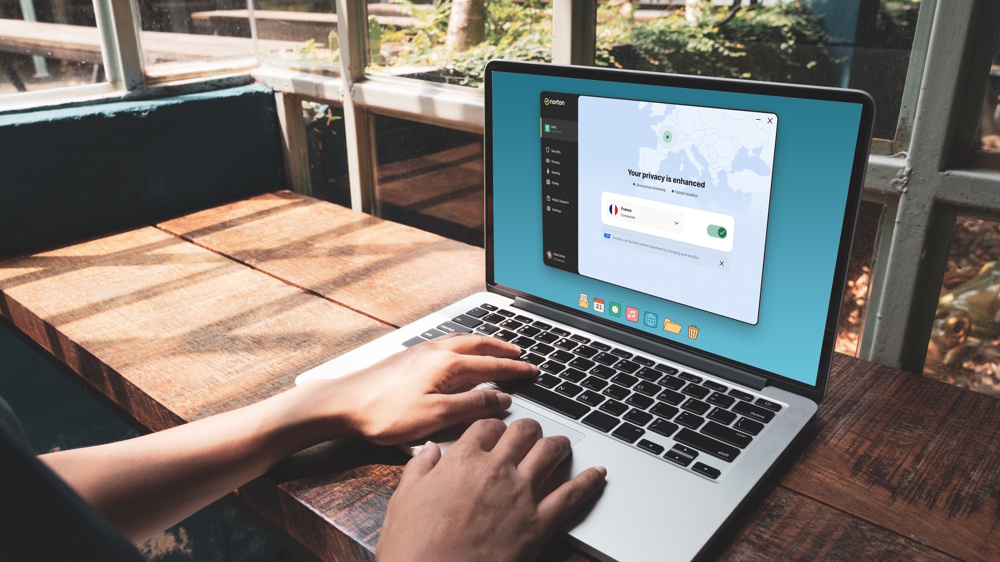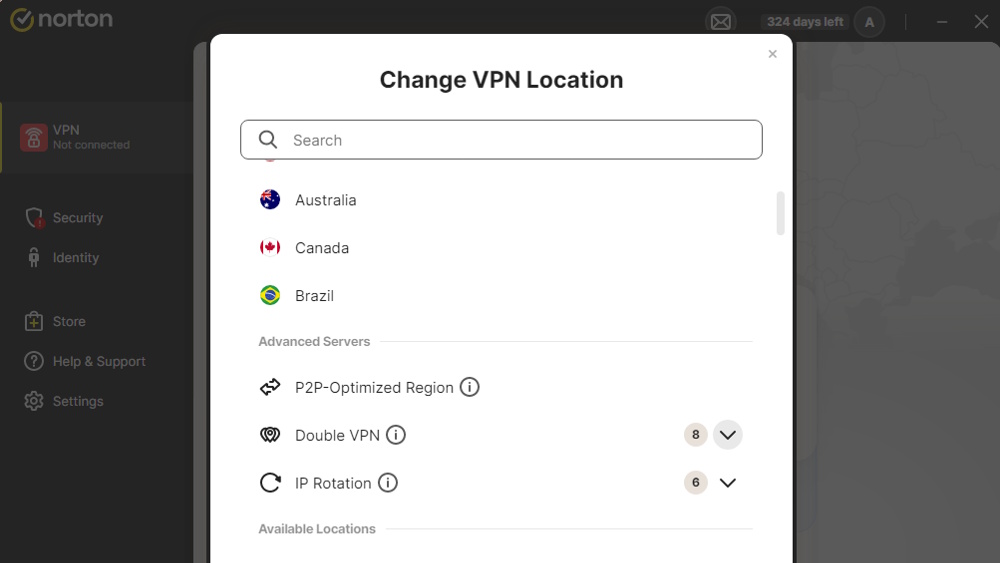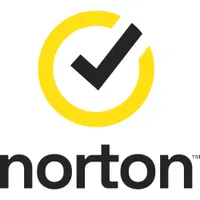How Norton VPN uses Double VPN and IP Rotation to protect your identity online
Advanced security features prevent tracking and enhance privacy

Sign up for breaking news, reviews, opinion, top tech deals, and more.
You are now subscribed
Your newsletter sign-up was successful
Go online and it means leaving a digital trace that can potentially reveal information that you'd probably much rather stayed private. That's where a virtual private network – aka a VPN – can help to ensure anonymity and privacy when online.
It works by encrypting data and masking your IP address to ensure any would-be malicious actors or advertising profilers are blocked out. Or, in the case of geo-restrictions, quite the opposite, as you are allowed in where a block might otherwise restrict access.
Norton, known around the planet for its cybersecurity and antivirus smarts, has been making a name for itself in the VPN world and is now competing against dedicated platforms. Norton VPN does this by offering comparable features in addition to rarer ones like its Double VPN and IP Rotation tools.
This guide explains just how these features work, so you can decide if they can help you stay anonymous and secure when taking a trip across the digital divide.
Sign up to Norton VPN with TechRadar's exclusive offer
Our lucky readers in North America, the UK and Australia can take advantage of discounts on Norton VPN's feature-packed Plus and Ultimate plans thanks to this exclusive offer. All carry a generous 60-day money-back guarantee, meaning you can give Norton VPN a try risk free!
– Get Norton VPN in US & Canada with our exclusive deal
How Norton VPN protects your identity online
At its core, Norton VPN is built to keep identities secure, achieved through a combination of IP masking and encryption.
Firstly, your unique IP address, which could point to your location, is masked by appearing to be at another server spot. The data sent through that remote server is encrypted using a military grade AES-256 encryption, meaning that even if someone were to somehow access it, they would not be able to understand anything anyway.
The service also has a robust no-logs policy, meaning no browsing history, originating IPs or DNS queries are stored by Norton. So even if Norton were forced to give up data, there should be nothing that could determine your identity or browsing history.
Go for a more premium tier and the VPN adds in extra features, including a dedicated AI-powered layer of protection that works against scams, phishing and malware threats. These levels also monitor the dark web so, should your details pop-up, you'll be notified immediately to avoid potential damage. There's a password manager, to generate and store strong passwords, plus up to 50GB of cloud backup and parental controls that help protect kids online.
No matter what tier of Norton VPN you opt for, you also get the benefit of advanced security servers that offer Double VPN and IP Rotation.
What is Double VPN?
A double VPN, also known as a multi-hop or double-hop, is not exclusive to Norton, nor is it new. But it is still uncommon and a very powerful tool.
The idea here is to bounce your internet traffic through a second server (rather than just one as usual), so as to hide your identity behind an extra layer of security.
One of the reasons this isn't so common is because one layer of protection is enough for most use cases, so a second layer could be seen as unnecessary. However, there is still a chance a malicious agent could gain access to some of your data. So in cases where utter anonymity needs to be a near certainty, Norton's Double VPN can offer additional peace of mind.
Use this extra layer of misdirection and your traffic is sent through two servers and is encrypted twice, before reaching its final destination. This also serves to thwart correlation attacks and traffic analysis, as well as further obscuring your origin since no single server sees source and final destination.
Of course this extra layer will mean you lose a little speed, and it can limit the choice of servers available to you that support this feature. That said, if security is your priority, this is a fantastic option to have and is fast becoming a more common offering from premium VPN providers like Norton as demand increases.

What is IP Rotation?
As the name suggests, IP Rotation changes your IP address regularly to ensure anonymity. By randomly assigning a new IP address on a regular basis – every 30 seconds – this helps to prevent tracking and targeted ads by keeping you anonymous. While this is helpful for anonymity, it can also prove a useful way to browse websites with more accurate results, as it stops any attempts to tailor content based on your location.
IP Rotation can also help evade IP-based blocking or throttling, where a website might otherwise blacklist a certain VPN exit node. This reduces correlation across a session, where your first and second pages loaded could appear to be from totally different IPs. All that should make it far more difficult to lock onto any one stable address to build behaviour profiles.
The trade-off here is that this loss of IP consistency can mean extra verifications or captchas may be required. It could also lead to a slight disruption in streaming or downloading. That said, Norton has designed the setup specifically to maintain a VPN tunnel and avoid such issues.
While this is not a common feature, it does appear on other services under different names like Dynamic IP, Stealth IP Switching, or Rotating Exit Nodes.
What else can I use Norton VPN for?
Beyond anonymity and privacy, Norton VPN also supports:
- Secure streaming across regions to avoid geo-blocks
- Safe use of public Wi-Fi to protect against man-in-the-middle attacks
- Torrenting and P2P on dedicated supported servers
- Protecting multiple devices under one plan like desktop and mobile
- Split tunneling to choose apps that bypass the VPN
- Integration with Norton’s identity and security suite for a password manager, dark web monitoring, and parental controls (all included on top tier)
- Ad blocking and tracker blocking via an extension
Luke is a freelance writer and editor with over two decades of experience covering tech, science and health. Among many others he writes across Future titles covering health tech, software and apps, VPNs, TV, audio, smart home, antivirus, broadband, smartphones, cars and plenty more. He also likes to climb mountains, swim outside and contort his body into silly positions while breathing as calmly as possible.
You must confirm your public display name before commenting
Please logout and then login again, you will then be prompted to enter your display name.

